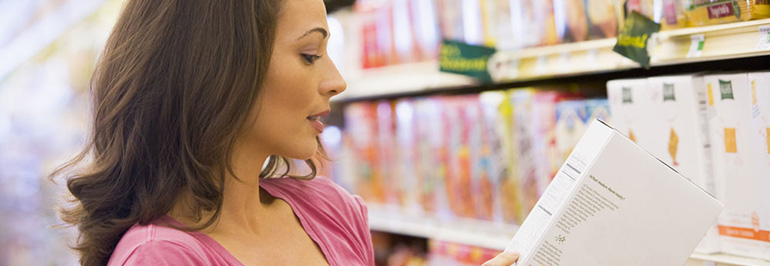Food law has changed a lot in 500 years

20 May 2016
Exploring the changes in food law 500 years since the first recorded food regulation was introduced
The Reinheitsgebot regulation, also known as the "German Beer Purity Law" or the "Bavarian Purity Law" in English, was introduced in 1516 and stipulated that the "only ingredients used for the brewing of beer must be barley, hops and water." Its purpose was to ensure the quality of a product, protect the consumer and threaten legal sanction against non-compliers. This was hundreds of years before consumer protection laws came into force.
As a result of this law, thousands of regulations covering the ever expanding food industry have since been created, introduced, reviewed and updated, instigating the food industry's journey of commitment to deliver safe and quality products to the consumer. They help to ensure that organisations along the entire global food supply chain utilise best practices and consistently deliver safe products to the consumer. Globalisation and advances in technology have both created a complex food supply chain with numerous and diverse stakeholders facilitating the process. Third party organisations like Intertek provide guidance to these organisations and help them to ensure compliance with the wealth of regulations in existence today. These have been put into place to address the challenges concerning food production, processing, distribution, packaging, retailing and labelling.
Food fraud is becoming increasingly prominent around the world, but has occurred within the supply chain for centuries. Regulations have therefore been put in place to minimise this risk for food businesses, with the help of third party organisations such as Intertek, who can, for example, provide a comprehensive range of untargeted screening and targeted adulteration methods to assess honey authenticity. As a latest innovation to minimise the risk of food fraud, we have recently launched an accredited analysis method for the direct quantification of mannose in honey using the liquid chromatography testing technique as an additional marker for adulteration with sugar syrups. In authentic honey, higher concentrations of mannose can be considered as unnatural and therefore indicate an unauthorised addition of sugar syrup.
Additionally, food labelling laws have also developed as a result of the Reinheitsgebot regulation and can create challenges for business wishing to export products to multiple markets due to the differing requirements for each country. Intertek's label validation service has been developed to address this challenge; focusing on food businesses wishing to sell in multiple markets and is supported by our network of experts across more than 100 countries. We provide regulatory translation and validation services to assess product labelling and to ensure that every aspect, including layout and language, complies with national and international legislation. We also evaluate product ingredients to ensure that they are allowed and are within legal limits.
The industry needs to ensure that it stays up-to-date with all upcoming regulatory changes in order to avoid costly delays to market. Two new upcoming food labelling laws within Thailand and Australia are key examples of new regulations to be aware of for businesses trading in these countries. From the 2nd December, 2016, labels on pre-packed foods in Thailand must comply with the Thai Ministry of Public Health Notification No.367 (2014), marking the end of a two-year transition period. Additionally, the Australian Government has created an Information Standard which sets out the new Country of Origin labelling requirements for food sold within the country. This new law will commence on the 1st July, 2016 and businesses will have a two year transition period until the new labels become mandatory.
